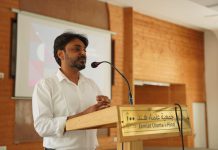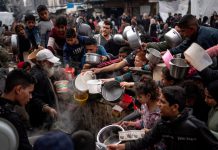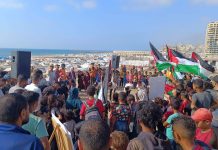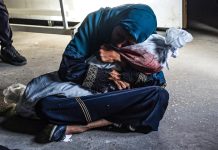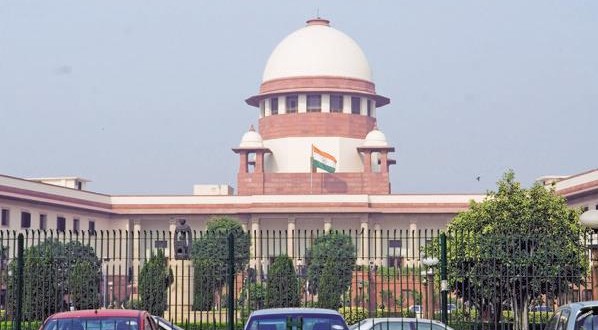Turkey’s “Operation Olive Branch” was recently commenced with the stated intent of destroying what Ankara believes to be “Kurdish terrorists” in the northwestern Syrian region of Afrin.
The NATO member earlier warned that it would be forced to intervene there in response to the existential threat that the US’ plans for deploying a 30,000-strong “Border Security Force” pose to its security, as Turkey thinks that this military grouping’s Syrian PYD-YPG Kurdish leader is actually an offshoot of the terrorist-designated PKK. From Turkey’s perspective, the US is helping to create a “terror corridor” all along its southern borderland, one whose western-most extension is dangerously just a few dozen kilometers from the Eastern Mediterranean and could tantalizingly tempt the Syrian Kurds to make a land grab against Turkey’s maritime Hatay Province sometime in the future.
From the way that Turkey presents it, “Operation Olive Branch” was a ‘no-brainer’ and should enjoy broad international support, but that’s actually not the case at all. Syria has resolutely rejected what it has described as an “invasion” of its territory, one which President Assad boldly said is meant to support “terrorists”, not defeat them. Even Turkey’s Astana partner Iran has asked it to discontinue its operation, and Ankara — somewhat expectedly it must be said — can’t even count on the support of its Washington mutual defense ally. Not only that, but Russia has been reticent in its stance towards the latest developments, not exactly condemning them but at the same time also refusing to openly endorse them. Moscow’s delicate “balancing” act probably has a lot to do with its multifaceted regional interests, particularly those with Ankara and Damascus, which make it extremely difficult for Russia to take sides.
As the Afrin campaign finishes its first week, conflicting reports have predictably emerged about the number of civilian casualties and the military progress being made, with it being hard to discern truth from fiction in the murkier-than-usual fog of war that’s settled over this isolated corner of the region. This means that any analytical conversation about this topic is better suited to discussing motivations, reactions, and forecasts than nitty-gritty details such as mountaintop captures and battlefield deaths, which are undoubtedly important but at this time nothing more than a game of “he says, she says”. The overall strategic dynamics at play, however, remain much more relevant if one aspires to grasp a comprehensive picture of what’s happening, where it’s headed, and why.
Courtesy: radio@sputniknews.com
Andrew Korybko is joined by Steven Sahiounie, Syrian-American journalist, Serap Balaman, Turkish political commentator.

